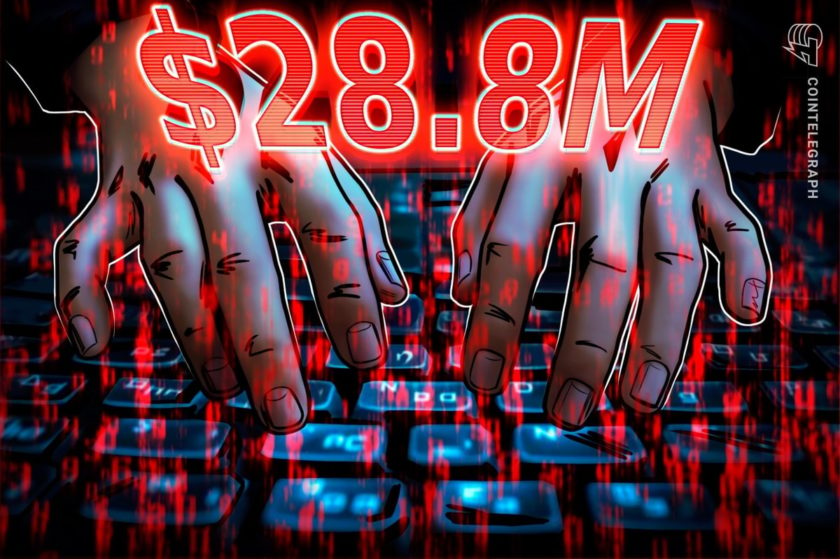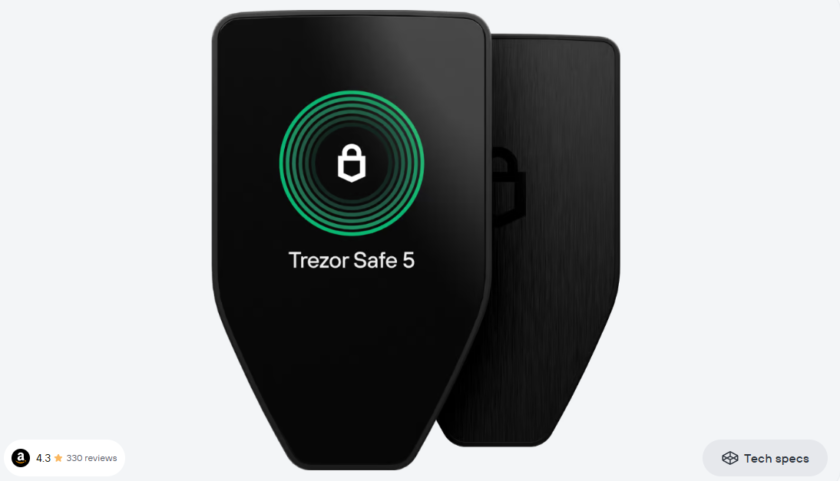Eight crypto exchanges have been hacked year-to-date with major exchanges in the likes of South Korea’s Bithumb reporting high-profile security breaches.
In the upcoming months, despite the emergence of highly sophisticated technologies and tools employed by hackers, it may become significantly more difficult to hack into crypto exchanges.
Why hacking crypto will become harder
Any platform or server that is connected to the internet is vulnerable to a security breach. For that reason, major exchanges keep the overwhelming majority of user funds in cold wallets as opposed to hot wallets, which remain offline and are safeguarded from hackers.
Major exchanges tend to put relatively small amounts of user funds in a hot wallet to process withdrawals and back up the amount held in the hot wallet with an emergency fund in the unlikely event of a security breach.
Although the practice of creating an emergency fund has decreased the risk of a security breach in the day-to-day operations of exchanges, investors have expressed concerns over frequent security breaches in the crypto market.
Beginning this week, smaller exchanges will be able to use big-data from Binance which would allow exchanges to detect and block certain transactions that are suspected to be connected to a security breach.
In the case of Bitrue, for instance, an exchange that lost more than $4 million in XRP and ADA this month in a hacking attack, the exchange swiftly contacted Huobi, Bittrex, and ChangeNOW when stolen funds were sent to those three exchanges and were able to recover some of the funds.
Official Statement Regarding The Hacking of Bitrue On June 27 2019
— Bitrue (@BitrueOfficial) June 27, 2019
“The attack was soon detected, and activity was temporarily suspended on Bitrue. We alerted the receiving exchanges about the situation, and wish to extend our thanks to Huobi, Bittrex, and ChangeNOW for their help in freezing the affected funds and accounts,” the Bitrue team said.
If exchanges create a unified communication platform to readily suspend or freeze accounts connected to hacking attacks, it would create a challenging ecosystem for hackers to send proceeds from a security breach.
Binance said:
Binance will actively block any stolen funds coming our way. The key is fast reporting (victim) and real-time blocking (exchanges). To this end, we developed an anti-fraud system just for this. Will make it available to all real soon, free of charge.
This has some further implications: 1. Smaller exchanges will be able to use big-data from @Binance, making the industry #safu-er as a whole. 2. Victims need to come clean and report hacks ASAP, improving transparency. 3. Decentralized, but united.
The big four crypto exchanges in South Korea including Bithumb and UPbit have already established a communication line amongst major exchange to prevent money laundering and to readily detect funds stolen from other exchanges by potential hackers.
Less incentive for hackers
Hackers in the crypto sector are known to employ sophisticated strategies in an attempt to hide funds stolen from users. In June 2018, CNBC reported that $1.1 billion worth of cryptocurrencies were stolen in a six-month span.
A tight communication line and a detection system employed by exchanges would decrease the incentive for hackers to target exchanges as it would become more difficult to launder the proceeds from security breaches.
Using public blockchain networks and tools provided by analytics companies such as Chainalysis, it will become easier for exchanges to detect, freeze, and recover funds stolen by hackers.
As the industry matures, the market will likely adopt better systems to prevent hacking attacks and address the aftermath of a security breach, which would grow the confidence of investors over the long run.




